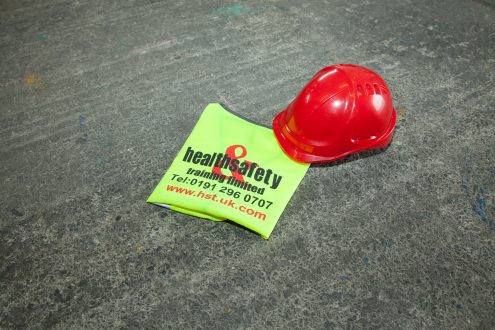Severe Weather & Employee Safety
In the UK, we are not great at dealing with an unexpected snowfall, despite the fact that most years we have at least a few days of very heavy snow that disrupt traffic and cause general chaos. As an employer, sudden snow falls can mean balancing your staff’s safety in hazardous travel conditions, whilst controlling employee absence levels. Have a read through our advice below to help your business run smoothly this winter.
How cold is too cold?
There is no minimum working temperature for outdoor staff, so as an employer, when the weather drops you must conduct a thermal risk assessment and make sure you take steps to protect workers from hypothermia and frostbite. The HSE’s guidance on this states that employers should provide specialist clothing for cold weather, and also that you allow extra time for breaks so employees can warm up in heated areas and get hot drinks.
Should staff be paid for snow days?
Unless your employees are on sick leave, annual leave or have a pre-approved absence, it is their responsibility to come to work. This means in adverse and severe weather conditions, if the workplace is open and your staff can not get to work, you can treat the absence as unauthorised and you do not need to pay them.
That said, employees should not feel under any pressure to put themselves at risk or ignore official weather advice and travel warnings to attend work. If possible, employees could be asked to work from home as an alternative.
If they can not, you should advise your staff that:
- Any absences will be unpaid.
- They will be paid, but they will need to make up the time on return to work.
- They can ask to take the day as annual leave, unpaid leave, or as dependent’s leave (for example, if their child’s school closes).
Whichever option you choose, you should support your stance by having it written into their contracts, so all staff are aware of what you expect on snow days.
School closures
Statutory legislation means parents can take time off from work in the event of an ‘unexpected disruption to childcare.’
Legally, this day can be unpaid, but many employers will take the financial burden to keep staff happy, ensuring morale and productivity are up. Whether an employer choose to pay or not, it should be a consistent policy applied to all staff.
‘Snowball’ days
Some employees will take the opportunity to use severe snow or extreme weather as an excuse to not come into work.
If, as an employer, you believe this is this case you can investigate the matter and resort to disciplinary action in line with the company’s policies.
However this may be a time consuming process, and the accusatory nature of the disciplinary may have adverse affect on morale and productively.
Alternatively, once the weather begins to subside, public transport is back up and running and any travel warnings have been lifted, you can send communications to your employees that any further time off will be unpaid.
Forced to close?
If your office or workplace is forced to close because of the weather, especially if it is short notice, you are unlikely to be able to refuse pay without the risk of employees bringing a claim for an unauthorised deduction from wages. In the long run this could be much more costly.
Rewarding employees for coming to work
This might sound a little strange as you wouldn’t normally reward your employees for coming to work and doing their job, but if half of your workforce haven’t made it in, it is likely that those who have will have made extra effort to be there and will have to pick up the slack. These efforts shouldn’t go unnoticed. If you have a reward scheme in place, this is a good time to use it – if not, a gesture such as having lunch delivered to the office, would be equally well received.
You should also keep an eye on weather warnings, and if appropriate, allow your employees to leave early to avoid hazardous travel conditions.
Assess the risks
With severe snow and bad weather affecting business every year, it is sensible that employers introduce an adverse weather policy that will help to avoid confusion and ensure employees know what is expected of them in these situations.
If your employees are exposed to weather during their normal working duties, you will need to carry out a thorough risk assessment to ensure that they are protected from new hazards caused by the weather.
To find out more about how to protect your staff and your business when the snow falls, get in touch with the team at Health and Safety Training Ltd. We have years of experience providing risk assessment training so you can identify and protect against any risks in the workplace.
Bounce Back gives construction employment opportunity for ex offenders Health, Safety and Welfare in the Workplace





